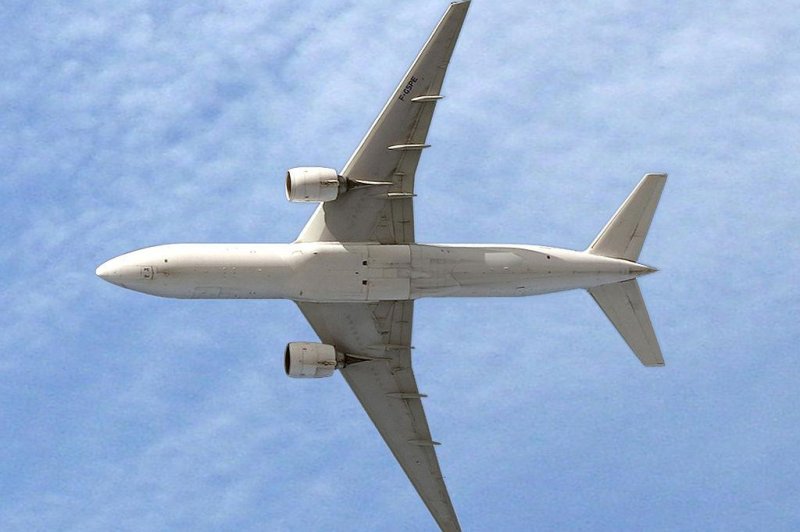The ICAO recognized the complexity of sharing threat assessments because of the sensitive coordination required of a variety of entities, including "not only civil aviation regulations and procedures but also State national security and intelligence gathering activities."
In order to facilitate improved information sharing, the ICAO acknowledged it "now has an important role to play... to ensure the right information reaches the right people at the right time."
The ICAO presented the following steps to be taken to address air safety concerns over conflict zones.
ICAO with support of its industry partners will:
-- Immediately establish a senior-level Task Force composed of state and industry experts to address the civil aviation and national security aspects of this challenge, in particular how information can be effectively collected and disseminated;
-- Submit the Task Force findings as urgently as possible to a Special Meeting of the ICAO Council for action..
At the request of industry partners, ICAO will also address:
-- Fail-safe channels for essential threat information to be made available to civil aviation authorities and industry;
-- The need to incorporate into international law, through appropriate UN frameworks, measures to govern the design, manufacture and deployment of modern anti-aircraft weaponry.
Senior leaders from ICAO, International Air Transport Association (IATA), Airports Council International (ACI) and the Civil Air Navigation Services Organisation (CANSO) participated in Tuesday's discussion.















